Does it make a difference? YES! On a personal level I learned a lot about the realities and challenges teachers face in the classroom and the incredible diversity of demands that are placed upon them. This has made me a better teacher myself, and I earned friends in the process. At the same time I managed to contribute to the teaching environment of regional teachers and their students: about half of the modules I developed are now routinely used in schools across MCCSC [local district] and neighboring districts, and every year nearly a hundred classes use at least one such module. This is what I had hoped for! But, unplanned consequences also emerged: demand for these modules exceeded what I alone could provide, so the members of my lab now routinely contribute. This increases the range and diversity of outreach efforts we can contribute, while at the same time providing training in the do’s and don’ts of developing lasting outreach initiatives. In addition, after leaving my lab, former contributors have designed their own outreach initiatives at their respective new home institutions at least in part after their experiences in my group, further extending the reach of our initial efforts. At the same time, many of the modules and resources we developed turned out to be useful in a wide range of settings outside traditional classrooms. We now take them to libraries, the daisy scouts, or retirement centers. They also get used in special education classes, allowing me to work with learning disabled or autistic students or students with multiple cognitive and physical disabilities—demographics that often fall through the cracks. And other teachers, without any of our doing, have picked up on our materials and incorporated them into language-arts projects, some of which we proudly exhibit in their school and at WonderLab.
Science outreach has emerged as a gift that keeps on giving. Working with teachers, schools, and WonderLab has multiplied our efforts in ways I did not expect, as has been helping train the next generation of scientists in becoming more effective ambassadors for science. And, it has made me a more effective communicator of the existential value scientific literacy holds in our daily lives.
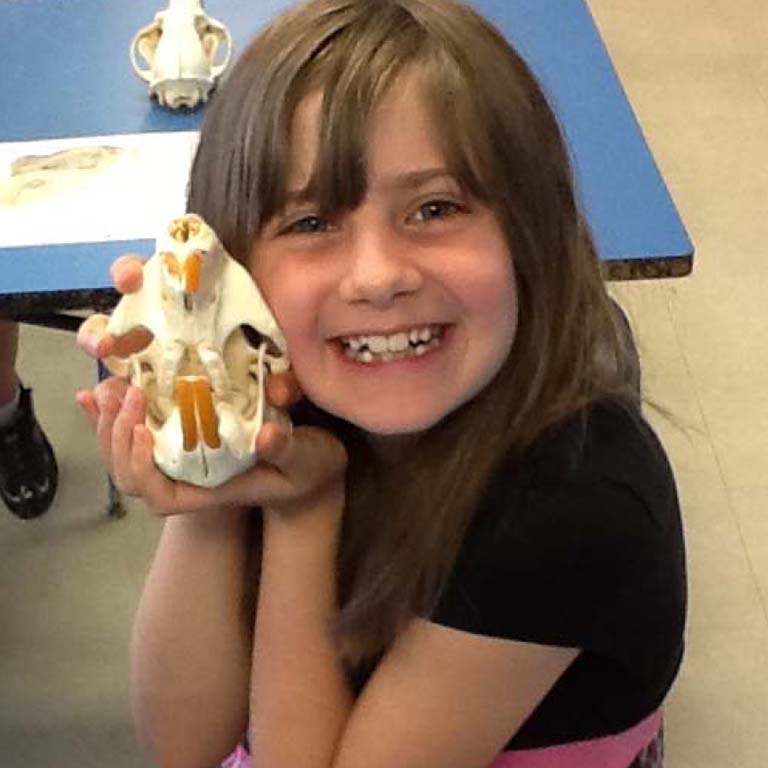
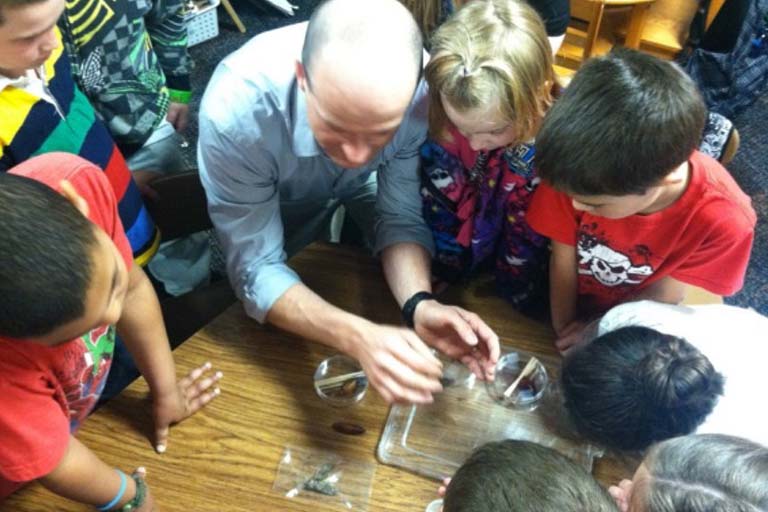
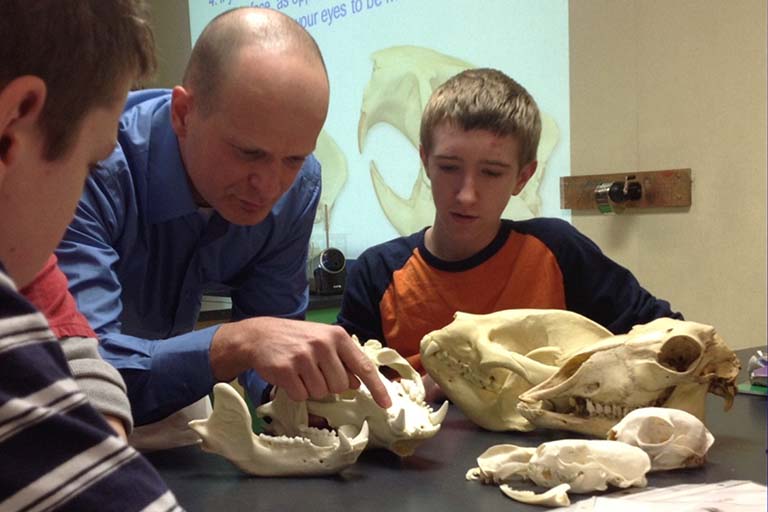
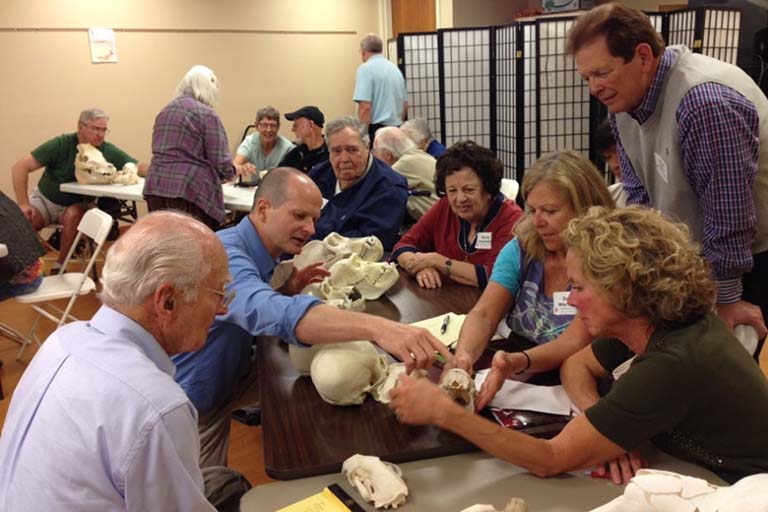
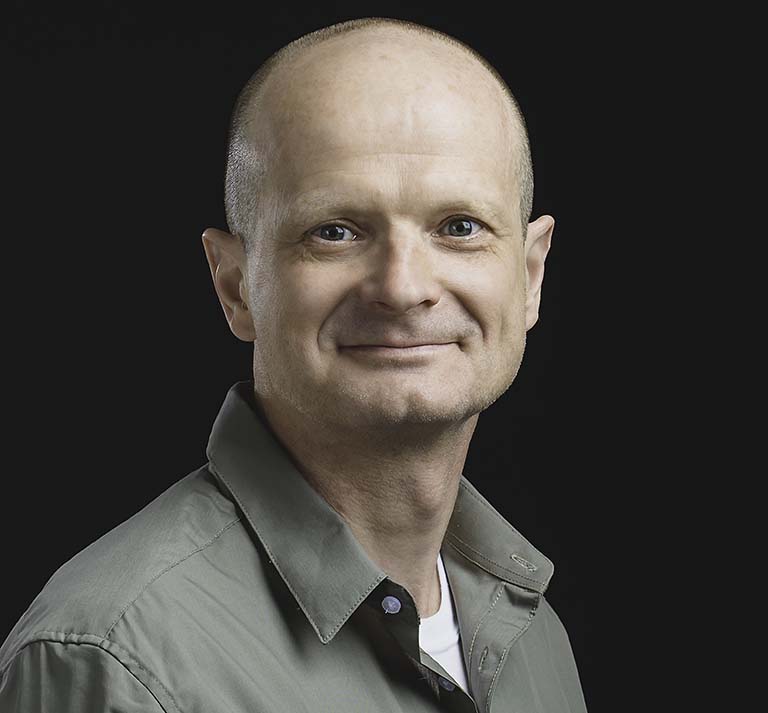
 The College of Arts
The College of Arts